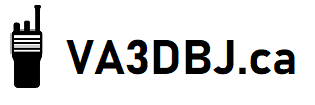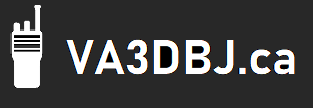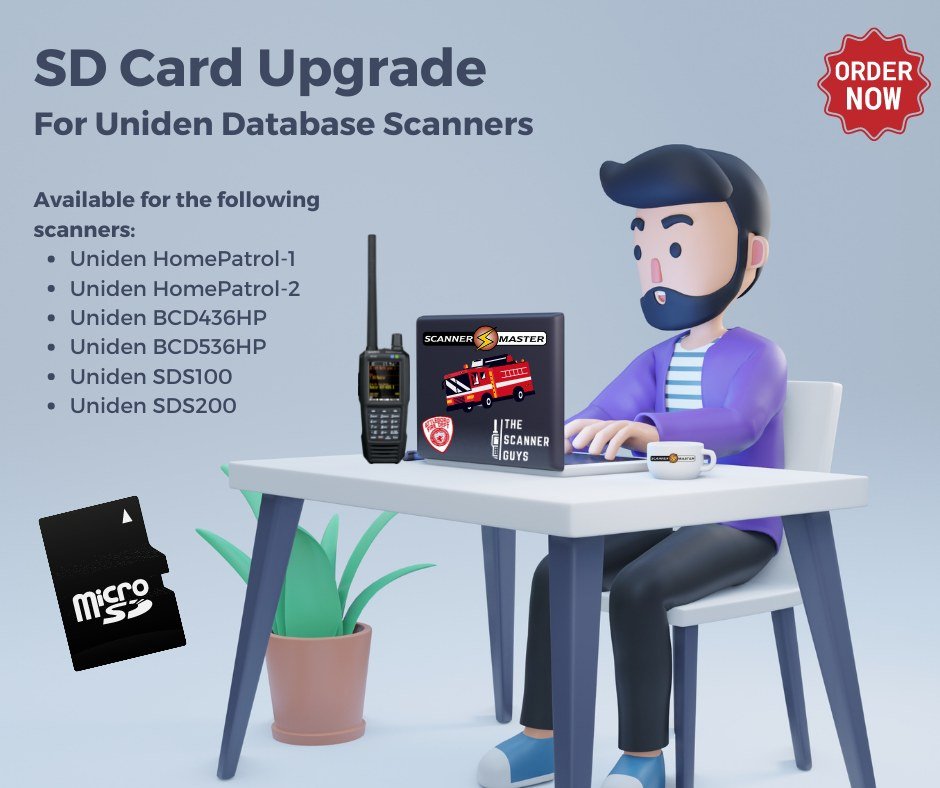From ARRL.org
WSJT-X version 2.4.0 has introduced a new digital protocol called Q65, which is designed for “minimal two-way QSOs over especially difficult propagation paths,” the Quick Start Guide says.
“On paths with Doppler spread more than a few hertz, the weak-signal performance of Q65 is the best among all WSJT-X modes. Q65 is particularly effective for tropospheric scatter, ionospheric scatter, and EME on VHF and higher bands, as well as other types of fast-fading signals.”
The new protocol uses 65-tone frequency-shift keying and builds on the demonstrated weak-signal strengths of QRA64, introduced in 2016. User messages and sequencing are identical to those in FT4, FT8, FST4, and MSK144. Q65 employs a “unique tone” to sync time and frequency. “As with JT65, this ‘sync tone’ is readily visible on the waterfall spectral display,” the Guide said. “Unlike JT65, synchronization and decoding are effective even when meteor pings or other short signal enhancements are present.
Transmit/receive sequence lengths of 15, 30, 60, 120, and 300 seconds are available. According to the Guide, “Q65 will enable stations with a modest Yagi and 100 W or more and to work one another on 6 meters at distances up to ~1600 kilometers at most times, in dead band conditions.”











